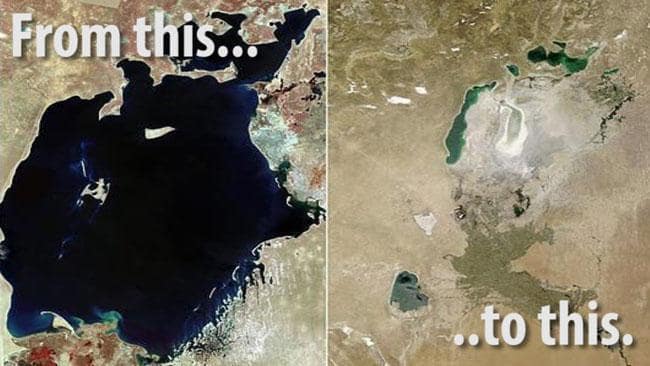What is fast fashion?
It is a term used by fashion retailers to describe clothes that are inspired by recent style trends seen on celebrities and the runway, which is copied and created for the average consumer at an affordable price. However, due to how quickly retailers need to keep up with demands for these styles, they often cut costs that increase their carbon footprint. In an era where retailers mimic fashion styles from the likes of the Kardashians, more garments are being created almost daily.
Statistics illustrate that more than 70 million barrels of oil are used to make polyester each year. Polyester is not only impacting the environment negatively but it isn’t biodegradable either; therefore, it ends up sitting in landfills, where it will take over 200 years to decompose.
Documentaries such as the 2015 Netflix documentary “True Cost” and Stacey Dooley’s 2018 documentary “Fashion’s Dirty Secrets’ highlight the shocking impact cheap fashion is having around the world. We’re producing over 100 billion new garments from new fibres yearly and the planet is unable to sustain this vast amount.

Photo credit: www.news.com
The biggest negative impact on the environment is pollution from producing clothing. In the 1960s, Kazakhstan was the home to the Aral Sea, covering 68,000 sq km, which was home to wildlife and a hotspot for tourists. But today, due to clothing production (mainly the production of cotton) the water has disappeared, leaving behind a desert.
What can we do to help?
One possible solution, according to fashion influencer Niomi Smart, is changing people’s attitudes to avoid buying into fast fashion.

Photo credit: www.express.co.uk
“As a consumer, let’s change our attitudes… let people know they can wear the same outfit more than once or swap clothes with friends”.
Other solutions to consider are buying reused clothing from vintage retailers or charity shops. Instagrammer Allie (@thestyleallie) is known by her followers to be a lover of vintage clothing and devoted to purchasing clothing from charity shops. She also created the hashtag #prelovedpretties, which has inspired her followers to highlight their reusable fashion finds on social media.
One of her followers, who we previously interviewed, stated that since following Allie on social media, she’s committed to only shopping in charity shops for her clothes and hasn’t purchased any items from the high-street in two years.
It is unrealistic for us as consumers to never purchase new clothing again; however, it is important to realise the power we have as a consumer and the changes we can do to help the environment.











